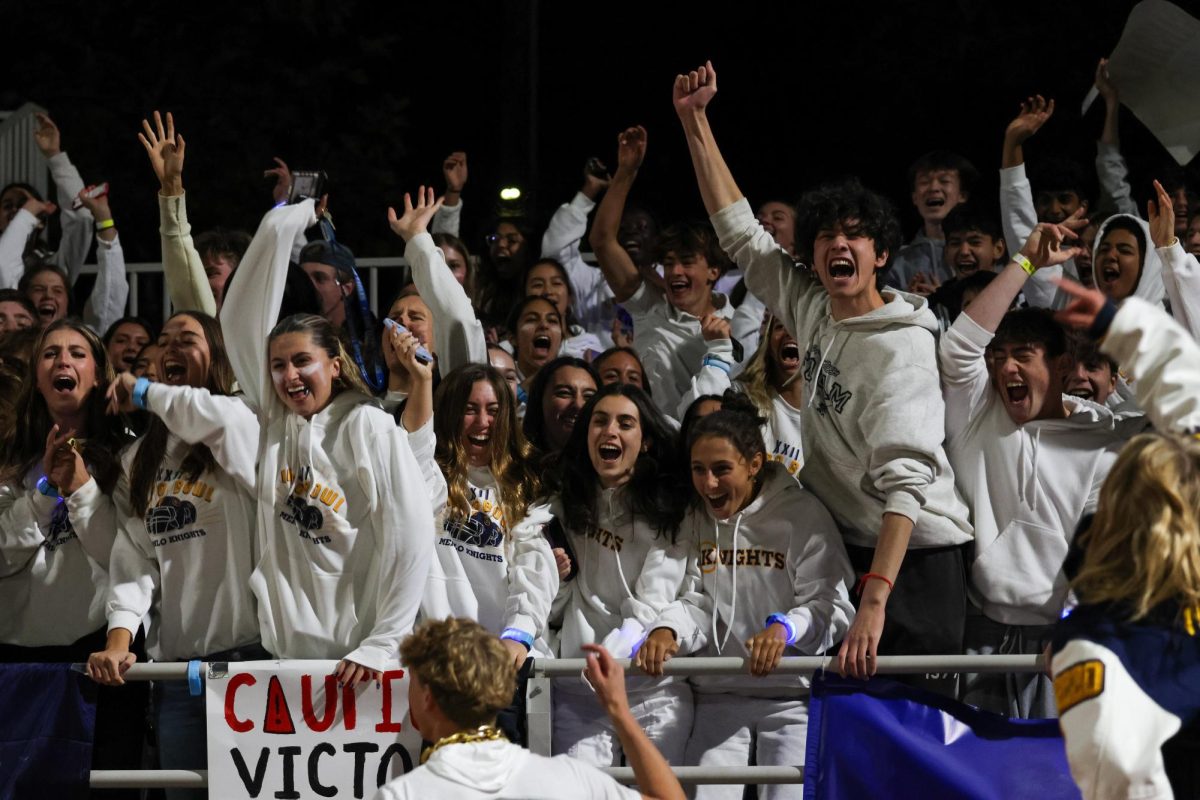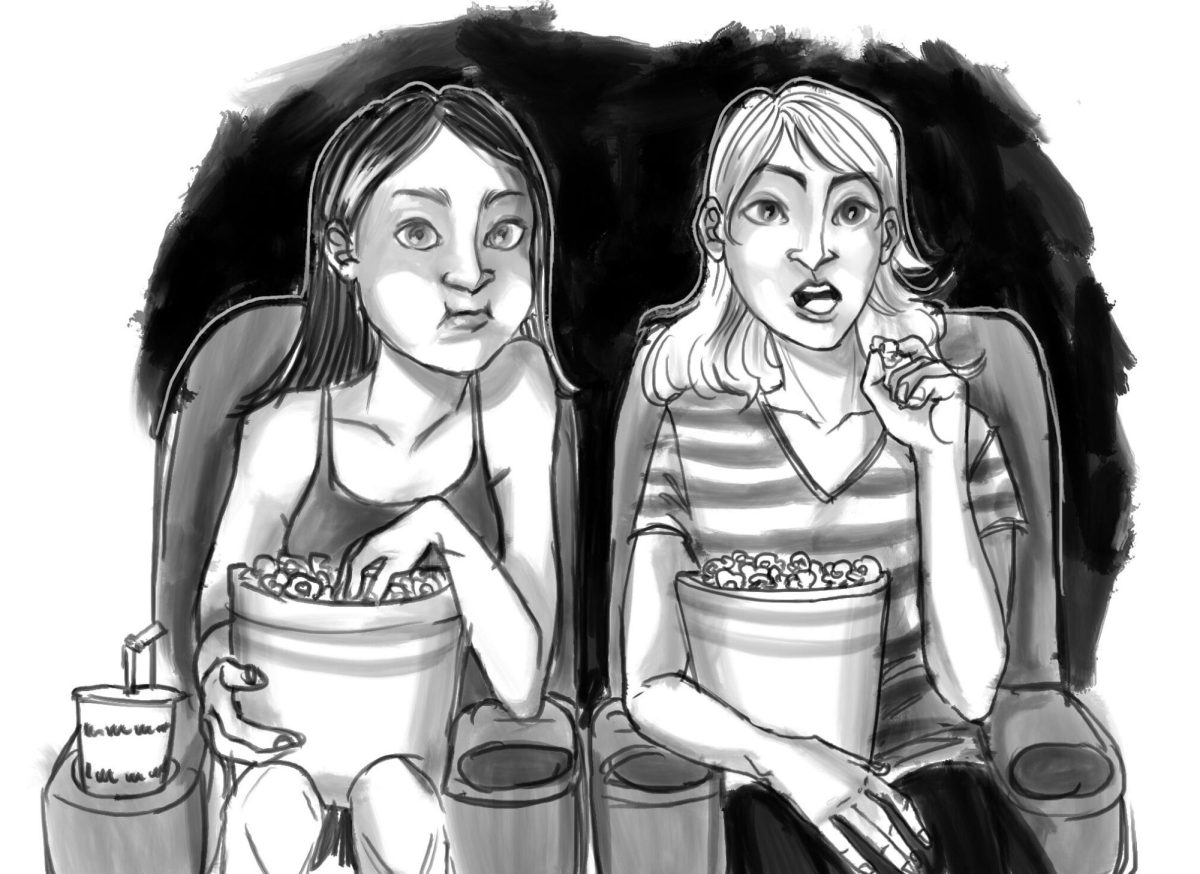Maya Singhal | Spread Editor
My first community read at Menlo was “Coach Fitz’s Management Theory” by Michael Lewis, a New York Times editorial about a coach whose harsh teaching style, Lewis believed, turned his players from boys into men. During our advocacy discussion about the article, my advocate asked us whether we had ever encountered a teacher or coach like Coach Fitz. Some of the other people in my advocacy talked about the sports coaches they had had, but when I mentioned my choir conductor, everyone looked incredulous.
People generally see sports as the ultimate test of endurance and discipline, people pushing their bodies to the limit, always aiming higher and higher. Most people don’t understand that music is the same way, too. Music, both vocal and instrumental, is a physical act, but it is also a mental act, both in the immediate reaction capacity like a sport and in a more academic capacity, as well. In playing and singing music, I have pushed myself to the limits over and over, but I’m not comparing myself to other people, equally flawed as I. In music, you compare yourself to an impossible standard: the one you, and the composer, imagined. This standard is unachievable perfection, yet for the love of the art, people will do almost anything.
In my ten years playing violin and my eight years in choir, I have encountered two teachers who have pushed me above and beyond what I ever thought I could accomplish. It was not pretty. For the longest time, every week after my violin lesson, I would come home crying, feeling totally inadequate. My violin teacher always seemed to see a potential in me that, try as I might, I could never reach. Every week I struggled to meet the standards she had set, nearly always falling short, and in the end, I would never be angry with her and her standards but always with myself and my imperfection.
My choir director, similarly, held all of us to high standards, pushing us up to her vision. Her volatile, perfectionist artist’s personality appeared to us as “crazy.” She saw us as having the potential to be a world-famous children’s choir, but for that, we would need to have dedication: the voices and faces of children, the demeanors of adults. For a group of about sixty students ranging in age from 12 to 18, this was a difficult thing to ask.
Every winter in choir, concert season would arise, and every winter, after weeks of four-hour dress rehearsals and concerts, I would lose my voice, coming to school sounding like a girly frog. More than once, I have tweaked my wrist or injured my fingers playing impossibly fast passages over and over again on my violin. After playing in orchestra for six hours a day at music camp, all of my friends and I gained permanent “violin hickeys” from the wood rubbing under our chins. Our outdoor orchestra rehearsals were always plagued by some external extreme. In the mornings, it was so cold, our fingers turned stiff. I once was shivering so much during a rehearsal that I knocked all the music off of my music stand when I was trying to turn a page. In the afternoons, the sun would come out, burning hot, and shine directly in everyone’s eyes, requiring us all to wear sunglasses as we tried to navigate complicated passages of Shostakovitch and Tchaikovsky. In the shade, there were mosquitoes that bit you as you played. Everyone in the orchestra seemed to develop a little twitch as they used their elbows to try to kill the mosquitoes biting their legs, while still keeping up with the music.
Perhaps not all musical experiences are exactly as trying as some of mine; in fact, I know that not all are. Yet, no matter what, it is true that music is in no way easy. There are many casualties inherent to being a musician.







